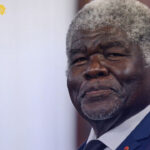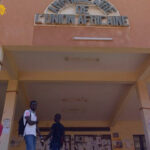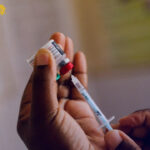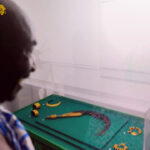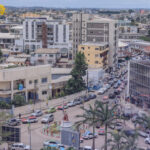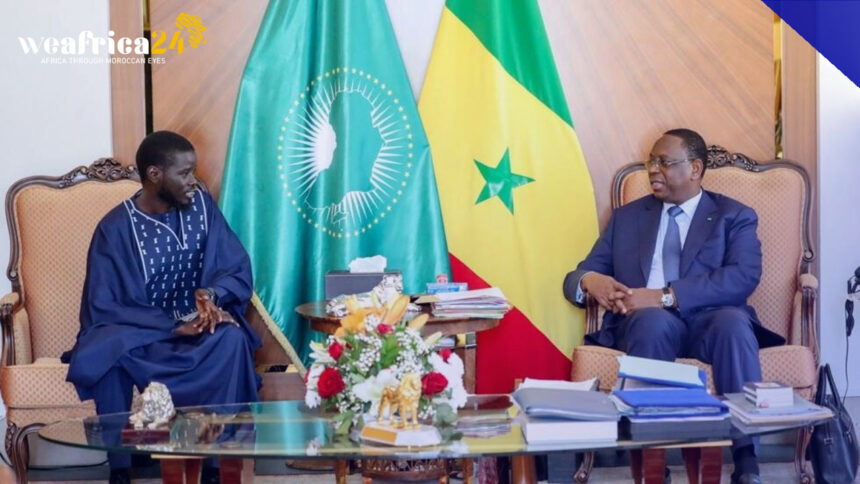A comprehensive review of the media landscape and the state of press freedom in Senegal, nearly a week after the election of its president, Bassirou Diomaye Faye.
In a year, Senegal has plummeted more than thirty places to the 104th position in the global press freedom ranking, according to Reporters Without Borders. The NGO stated just before the election that “the Senegalese press is experiencing its darkest years since 2021, with journalist arrests, media suspensions, internet access blockades, and more.”
The organization has recently issued ten recommendations to improve the situation. These include suggesting a law guaranteeing access to information, the independence of public broadcasting, better governance of advertising, and regulation of digital platforms.
However, the crux of these “ten points” revolves around journalist safety to prevent threats or violence against them, especially during demonstrations, and, crucially, to put an end to imprisonment and exorbitant fines. RSF also calls for dropping charges against journalists Pape Alé Niang, Serine Saliou Guèye, and Pape Ndiaye, all currently on provisional release.
Media as a Reflection of the Country’s Democratic Life
Senegal boasts a longstanding democracy, with 27 daily newspapers mainly in Dakar, along with around 20 generalist television and radio channels. Additionally, there is a highly active online press and internet news channels that provide a platform for a broad political spectrum. The national public television particularly focuses on governmental activities. Notably, the Regulatory Authority is dependent on the Head of State, who has the authority to appoint its members.
However, during Macky Sall’s presidency, the regulator was unnecessary to shut down a channel. On multiple occasions, Walf TV was abruptly taken off air by the Ministry of Communication for broadcasting protest footage, accused of “inciting violence.”
These protests were in support of Ousmane Sonko, the opposition leader accused of rape, acquitted on that charge but convicted of “corrupting youth.” He was subsequently convicted in another case for defamation against the Tourism Minister, rendering him ineligible for the presidential election.
What will be Bassirou Diomaye Faye’s media policy?
He has already announced a law on whistleblower protection. Perhaps, having experienced imprisonment himself, he will be sensitive to the issue of journalist incarceration, which is still permitted under Senegal’s press code.


